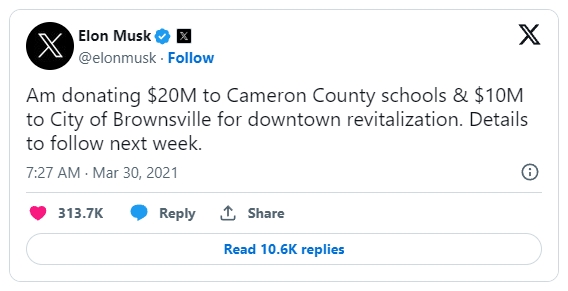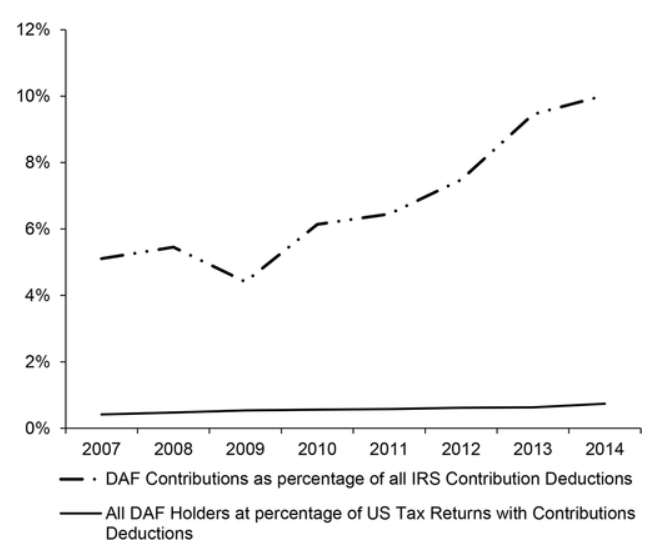Warren Christopher, a courtly former secretary of state, represents the Democratic candidate Al Gore. “The world is watching,” he intones. “We are theoretically its last great democracy. If we cannot resolve this in a way that is worthy of the office we seek, what kind of hope can we give other countries that wish to share our values?” James Baker, another former secretary of state, represents George W. Bush. He has a different theory of the case: “This is a street fight for the presidency of the United States.”
President Biden’s pugilistic State of the Union address last week may represent a new direction. But given the party’s recent history, the Democrats will probably need some CRISPR editing to their DNA.
Both Michael Dukakis and John Kerry were distressingly saintly in their presidential campaigns, failing to respond to Republican attack ads. Hillary Clinton endured a classic “Recount” moment in her second debate against Donald Trump. Mr. Trump stalked her around the stage. “He was literally breathing down my neck. My skin crawled,” Mrs. Clinton later wrote. “Do you stay calm, keep smiling and carry on,” she wondered. “Or do you turn, look him in the eye and say loudly and clearly, ‘Back up, you creep. Get away from me. I know you love to intimidate women, but you can’t intimidate me.” Throwing the haymaker might not have won the election, but Mrs. Clinton would have instantly changed the impression that she was a hapless, patronizing, liberal elitist.
Mr. Hur, a Republican, was appointed by the excessively dignified Attorney General Merrick Garland to investigate President Biden’s alleged misuse of secret documents. Why a Republican? For the appearance of fairness, no doubt. So Mr. Hur took the opportunity to demolish Mr. Biden as a “well-meaning elderly man with a poor memory.”
I can’t imagine that Republicans would ever hire a Democrat to investigate a president of their own. In fact, Republicans would be more likely to appoint a wartime consigliere, as Mr. Trump did when he brought in William Barr to help defend him against Special Counsel Robert Mueller’s Russia inquiry.
It might be educational for the American public to see how the bully responds to a rhetorical punch in the nose rather than to a lawsuit.
How Trump’s Justice Dept. Derailed an Investigation of a Major Company
The industrial giant Caterpillar hired William Barr and other lawyers to defuse a federal criminal investigation of alleged tax dodgesIn December 2018, a team of federal law enforcement agents flew to Amsterdam to interview a witness in a yearslong criminal investigation into Caterpillar, which had avoided billions of dollars of income taxes by shifting profits to a Swiss subsidiary.
A few hours before the interview was set to begin, the agents were startled to hear that the Justice Department was telling them to cancel the long-planned meeting.
The interview was never rescheduled, and the investigation would limp along for another few years before culminating, in late 2022, with a victory for Caterpillar. The Internal Revenue Service told the giant industrial company to pay less than a quarter of the back taxes the government once claimed that Caterpillar owed and did not impose any penalties. The criminal investigation was closed without charges being filed — and even without agents having the chance to review records seized from the company.In the months leading up to the canceled interview in the Netherlands, Caterpillar had enlisted a small group of well-connected lawyers to plead the company’s case. Chief among those was William P. Barr, who had served as attorney general in the George H.W. Bush administration.Caterpillar’s attorneys met with senior federal officials, including the Justice Department’s top tax official, Richard Zuckerman, according to agency emails. The lawyers sharply criticized the conduct of one of the agents working on the Caterpillar case and questioned the legal basis for the investigation.
A week before the agents were to interview the witness in the Netherlands, President Donald J. Trump nominated Mr. Barr to return to the Justice Department as the next attorney general. Mr. Zuckerman then ordered the interview to be canceled and the inquiry halted, without getting input from the prosecutor overseeing the Caterpillar investigation, according to the emails.
In September 2022, Caterpillar reached a settlement with the I.R.S., which assessed $490 million in taxes over a 10-year period, plus $250 million in interest. It was a fraction of the more than $2 billion in taxes that the agency previously said Caterpillar owed. (The $490 million included other issues in addition to the Swiss strategy at the heart of the investigation.) The company noted at the time that it “vigorously contested” the I.R.S.’s interpretation of the tax rules at issue.
Automakers Are Sharing Consumers’ Driving Behavior With Insurance Companies
LexisNexis, which generates consumer risk profiles for the insurers, knew about every trip G.M. drivers had taken in their cars, including when they sped, braked too hard or accelerated rapidly
Kenn Dahl says he has always been a careful driver. The owner of a software company near Seattle, he drives a leased Chevrolet Bolt. He’s never been responsible for an accident.
So Mr. Dahl, 65, was surprised in 2022 when the cost of his car insurance jumped by 21 percent. Quotes from other insurance companies were also high. One insurance agent told him his LexisNexis report was a factor.
LexisNexis is a New York-based global data broker with a “Risk Solutions” division that caters to the auto insurance industry and has traditionally kept tabs on car accidents and tickets. Upon Mr. Dahl’s request, LexisNexis sent him a 258-page “consumer disclosure report,” which it must provide per the Fair Credit Reporting Act.
What it contained stunned him: more than 130 pages detailing each time he or his wife had driven the Bolt over the previous six months. It included the dates of 640 trips, their start and end times, the distance driven and an accounting of any speeding, hard braking or sharp accelerations. The only thing it didn’t have is where they had driven the car.
“It felt like a betrayal,” Mr. Dahl said. “They’re taking information that I didn’t realize was going to be shared and screwing with our insurance.”
General Motors is among the automakers and data brokers that have partnered to collect detailed driving data from millions of Americans. .... General Motors is not the only automaker sharing driving behavior. Kia, Subaru and Mitsubishi also contribute to the LexisNexis “Telematics Exchange,” a “portal for sharing consumer-approved connected car data with insurers.”
How Big Pharma is fighting Biden’s program to lower seniors’ drug costs -- In court cases nationwide, drug companies are trying to block a new law that would cut prices on drugs for high blood pressure, heart disease, cancer and diabetes. In a flurry of lawsuits, these drugmakers have blasted the government initiative as unconstitutional, defended their pricing practices and warned that regulation could undermine future cures — even as millions of older Americans say they are struggling to afford essential treatments. The legal wrangling appears primed to reach the Supreme Court, which could carry lasting implications for the government’s ability to regulate health-care prices broadly.
PFAS chemicals to be phased out of food packaging. Here’s how to avoid them. -- The FDA said Wednesday that companies are phasing out the use of ‘forever chemicals’ in food packaging.
- Cut back on fast food (and greasy wrappers)
- Skip microwave popcorn
- Avoid nonstick cookware
- Store leftovers in glass containers
- Drink filtered or bottled water
- Check the source of the fish you eat








